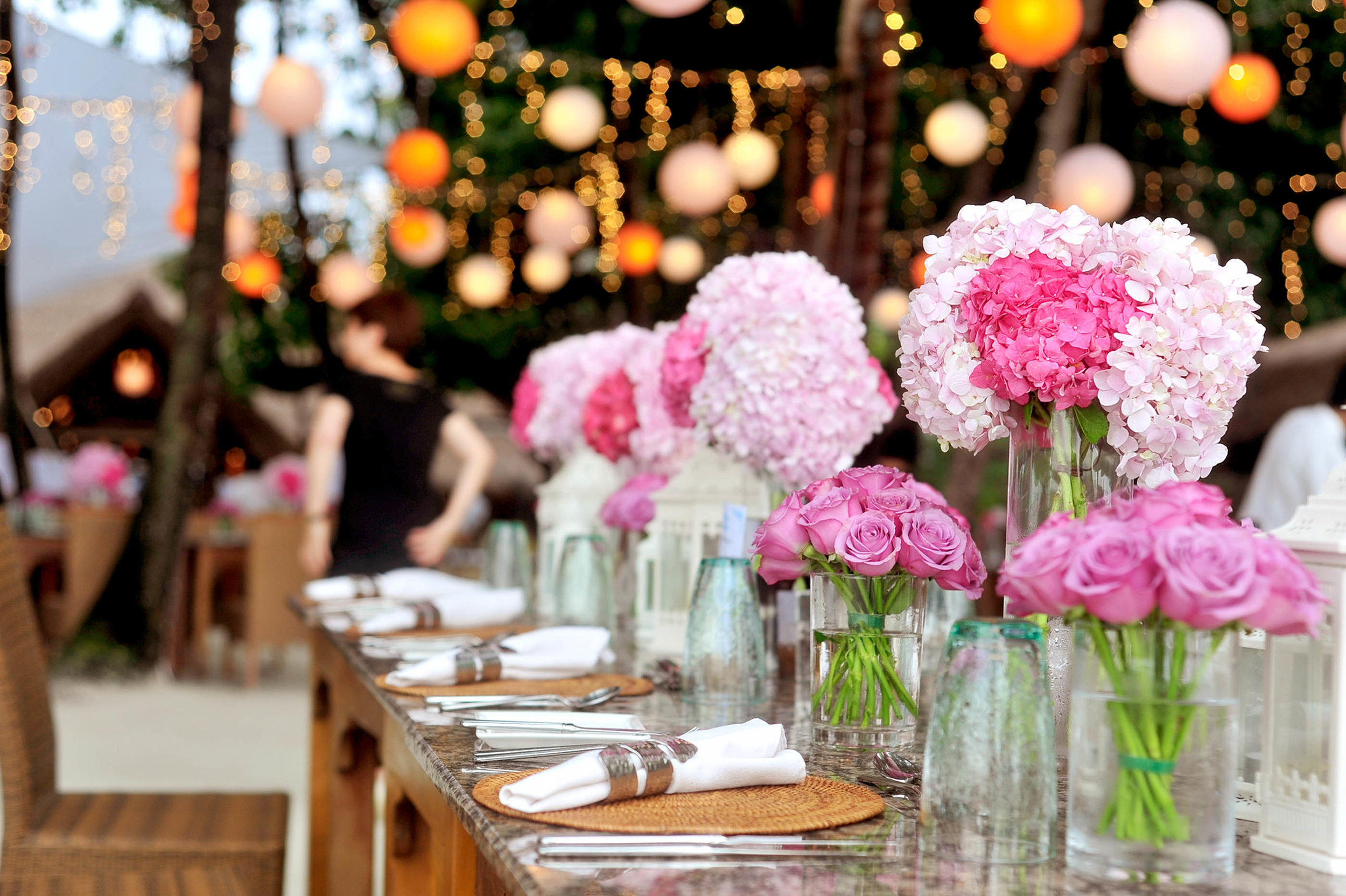Green Wedding Guide: How To Have An Eco-Friendly Wedding And The Benefits Of It

Are you (or someone you know) about to tie the knot? Congratulations! It's wedding season in India and you have the potential to start your journey in an earth-friendly way; one that brings down costs both financially and ecologically. Indian weddings, by most standards, are an expensive affair. I won’t delve into details, but if curiosity gets the better of you, a search online will give you enough to read for a week at least. However, few write-ups, if any, will talk about the worrying environmental costs of a wedding, especially in the Indian context.
Garbage is a mounting problem (pun intended) and the best way to deal with it is to produce less of it. A ‘green wedding’ is one where you actively plan to minimise waste and effectively manage what little is generated. Your wedding will not only take a huge load off the landfill, but will also be classy, easy to conduct, and cost effective. Picture this—a wedding where paper/plastic cups and tissue papers are not lying around the hall, where your names at the entrance are not on tacky thermocol, and where guests are served in cups and spoons that won’t cave in, fly away or snap in two.
The first step to have a green wedding is for you to understand the significance of it. To know that choosing to replace every disposable item at the wedding with a reusable option makes a measurable difference and sends out a powerful message to everyone attending. Your conviction is crucial, as more often than not, you may be faced with sceptical relatives who will need to be sensitised.
Invitations
One of the first steps to reduce waste is to do away with as many printed invitations as possible. Using the Internet to invite people is a great alternative. You can make this fun and inclusive by having email groups and updating friends with your wedding plans, progress, and anecdotes which will build excitement for the big day. It has worked well for people to reserve printed invitations only for those who do not access the Internet and elders who may consider it an insult to not receive one.
Decor
As I reached the venue of a friend’s wedding, I looked up at the names at the entrance to double check as I always do and pretty colourful flowers forming their names looked right back! It was so beautiful. How often do we see the names of the couple in material other than thermocol? Wedding decorations are more polluting than we imagine—plastics ribbons and bows, glittering additions to the fragrant flower garland, fruits and dry fruits on plates covered with shiny plastics, confetti, and flower decorations mounted on thermocol. With a little creativity and some flowers, we can do away with the plastics and thermocol. Using local flowers that are held together with the humble thread, making pretty bows with cloth ribbons, asking for garlands without the glittery decorations, and using pretty bamboo baskets for fruits are just some ideas for you.
The Food Area
The food area, unsurprisingly, generates the most volume of waste. There are approximately 5 pieces of disposables generated per person at meals and this is often mixed with rotting food waste and banana leaves as it makes its way to the landfill. However, the simple choice of using steel (or any other reusable material) cutlery cuts this problem by half. This move leaves you to deal with only bio-degradable waste which can be converted to bio-fuel or used to feed animals.
Serving your guests in reusable cutlery—plates, spoons, cups, tumblers—is also convenient and hygienic. The only issue that you may come across is guests questioning if the cutlery has been cleaned well. An easy solution is to hire people to clean them well and show your guests the washing area to reassure them.
Replace the paper/plastic cover customarily rolled out on the serving table with cloth ones, you can even do away with a covering and have the table wiped clean before a fresh batch of people are served. Replace paper napkins with cloth ones; you can even have a few cloth towels hanging by the washing area for people to wipe their hands.
Doing away with packaged water and serving people clean filtered water in their steel tumblers goes a long way in reducing waste and resources. You can have multiple water stations in the wedding hall/venue with steel or reusable cups next to them.
You can have posters educating guests of the importance of replacing single-use disposables with reusable options, thereby spreading the message to your loved ones. When people know why you do what you do, they tend to appreciate it more and inculcate it in their lives as well.
Gifts
Communicate to your guests that the wedding is an eco-friendly one and request that they avoid bouquets and gifts wrapped in plastic/shiny wrapping sheets. If you don’t want boxed gifts at your wedding, you can communicate that too. When you are giving out gifts to your guests, ensure that the bag you use is eco-friendly like jute or cotton bags or woven baskets. Chinese jute or PPP (poly propylene plastic) bags have flooded the market in the guise of ‘jute’, to replace plastic covers; however, these are not eco-friendly and resource intensive. You can consider gifting seed balls, saplings, seeds, books, and other things that will either contribute to the environment or are useful. Depending on the style of your wedding, you can decide the most appropriate earth-friendly gift!
India is a nation where different cultures and religions co-habit and weddings will largely depend on your cultural and religious background. Adapting these ideas to your specific case may require some simple additions and adaptations.
A simple formula you can use while ideating is “If it can’t be reduced, reused, repaired, rebuilt, refurbished, refinished, resold, recycled or composted, then it should be restricted, redesigned or removed from production.” ― Pete Seeger
Shyamala has been working in the waste management space since early 2012 along with others committed to this cause in Bangalore. She loves the smell of compost, squiggly earthworms and soldier-fly maggots. She has played a part in organising and implementing eco-friendly weddings in the past and now, she and her partner are in the process of planning their own (so look out for some more write-ups on this). Shyamala is also a recreational athlete with a passion for promoting health and fitness.





